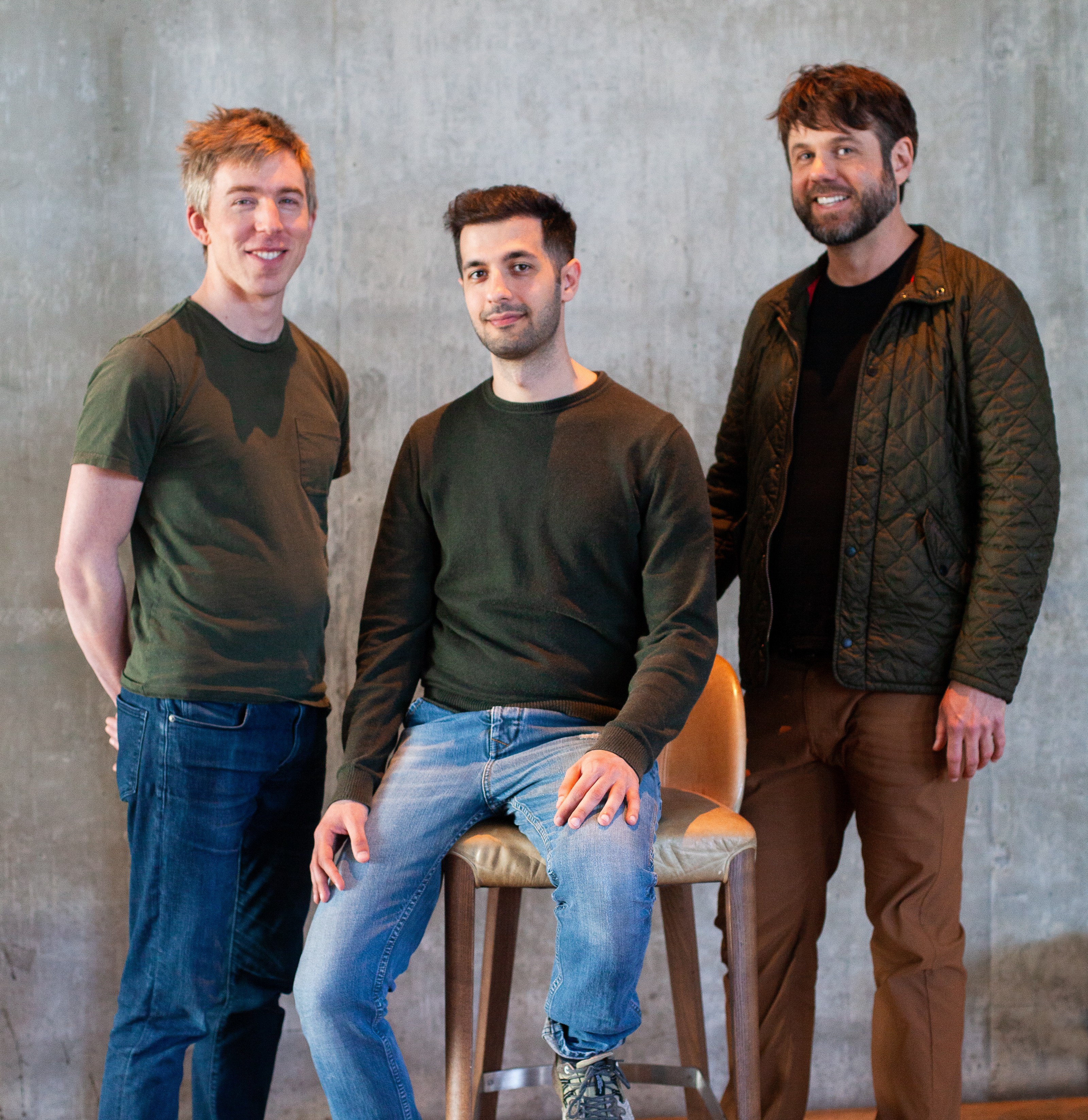Partnering with Zed: The AI-Powered Code Editor Built from Scratch
Nathan, Antonio and Max are giving developers the granular control and speed they need to collaborate in code—with both humans and AI.

Today we are excited to announce that Sequoia is leading the Series B in Zed.
Zed is a high performance code editor built from scratch in Rust, used by 150K active developers each month. Developers like Zed because it’s super fast. It’s lightweight. It’s extensible. And it’s built with collaboration at its core—collaboration with other humans, and increasingly, AI agents.
Convincing developers to switch IDEs (integrated development environments) isn’t easy. But we’re encouraged by the early results. Zed is playing the long game and has earned its way into the hearts and minds of early adopters. It is the IDE of choice for programming legends like Mike Bostock, Mitchell Hashimoto and Solomon Hykes, and beloved by exceptional engineering teams like Anthropic, Linear, Ramp and Shopify. 9% of Rust developers now use Zed, up from 1% a year earlier (State of Rust Survey), and Zed is the 2nd most popular AI IDE overall by usage (State of AI 2025).
Team & Deeply Held Beliefs
Zed was founded with the belief that decades-old web technology—powering VS Code, and all the forks of VS Code—was simply not powerful enough to bring coding into the future. And founders Nathan Sobo, Antonio Scandurra and Max Brunsfeld understand the shortcomings of VS Code viscerally. In the early 2010s, Nathan built Atom at GitHub, where Antonio and Max joined him. One of the most popular IDEs of its time, it later paved the way for VS Code, and also helped drive the direction of VS Code’s enabling technology, Electron—a cross-platform application framework that powers Slack, Discord, Notion and many other apps to this day.
In Zed, Nathan, Antonio and Max see an opportunity to leapfrog the previous generation of technology they built and create a new substrate that is lightweight, fast and extensible. All of these tech changes would allow Zed to create a developer UI that was fundamentally collaborative—just as designers collaborate in Figma, and knowledge workers collaborate in Google Docs, Zed allows developers to collaborate in the IDE.
Collaboration for All
Zed’s vision of collaboration was well timed. AI is forever changing software development, and we are moving from a paradigm of working in your own editor locally, to collaborating with AI agents.
Collaboration has always been a core focus for Zed, and the same elements they’ve been working on for years to facilitate more natural human collaboration also apply to human <> AI agent collaboration. One example is DeltaDB, an open-source sync engine that captures every code operation, enabling character-level permalinks and real-time collaboration between humans and AI agents. DeltaDB has the potential to solve many of the versioning, control and interpretability problems that now plague AI coding agents.
What’s Ahead
VS Code forks are having a moment. And software development as an industry is changing, FAST. Coders are even questioning whether IDEs will matter in the future.
When others are zigging, Zed is choosing to zag. They have a deeply held conviction that the IDE will have some important role to play in the future of coding, and that the only way to build that future is from the ground up, with the newest technology that is architected for speed and collaboration.
And Zed is eyes wide open to the fact that the shape and role of the IDE itself will change. Today, developers are moving across terminal interfaces, local IDEs and web-based agentic tools to fully harness the power of AI. All of those tools are very useful but incomplete. There are benefits of a GUI that you can’t replicate in the command line; VS Code and forks have too much baggage and too little flexibility; and web-based agents struggle to work in production codebases. Zed is working to evolve the role of the IDE to deliver the best of all worlds, within a unified GUI.
The vision is ambitious—but no one is more qualified to make it a reality than this unique and passionate (and growing!) team. We couldn’t be more excited to lead Zed’s Series B, and to partner with Nathan, Antonio and Max on this critical product for the future of human<>AI collaboration.
